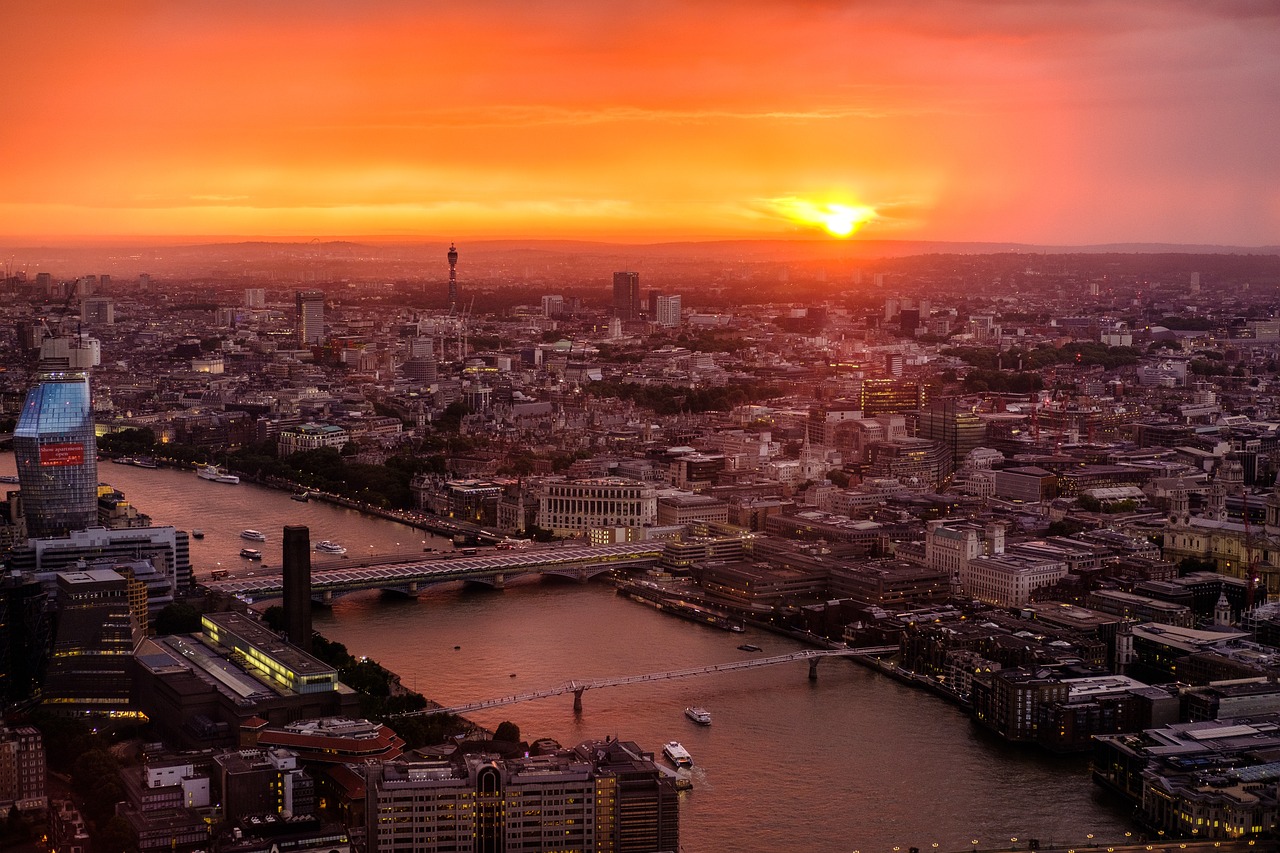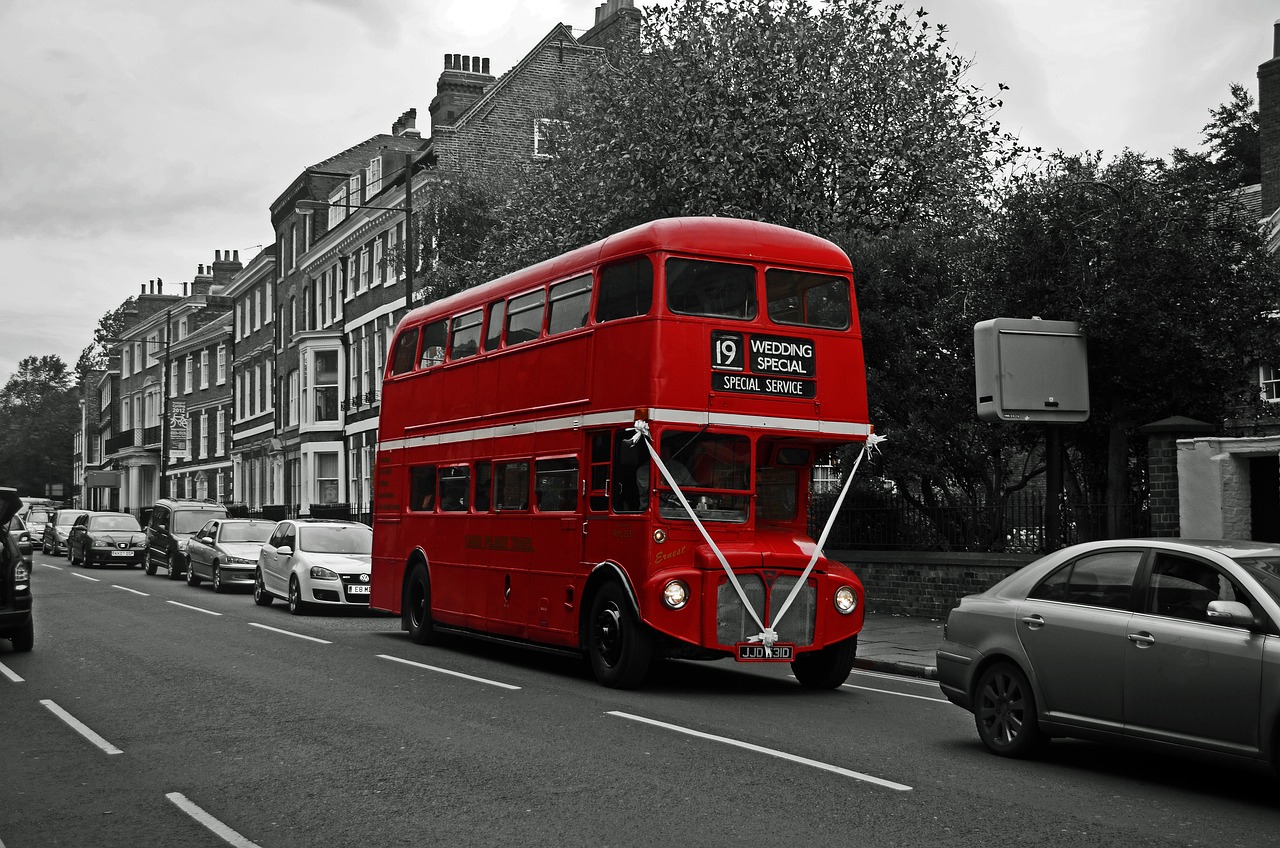United Kingdom Video
Cultural Sensitivities: Understanding Local Norms in the United Kingdom
The United Kingdom (UK) is a culturally diverse country with a rich history and unique customs. To fully appreciate and respect the local norms, it is important to have an understanding of the cultural sensitivities that exist within the country. This article aims to provide detailed information about various aspects of UK culture, helping visitors navigate social interactions and avoid unintentional offenses.
Section 1: Greetings and Etiquette
When meeting someone in the UK, a firm handshake is the most common form of greeting. Maintaining eye contact while shaking hands is considered polite and shows sincerity. It is customary to address people by their titles and surnames, such as “Mr. Smith” or “Dr. Johnson,” until invited to use their first name.
- Formalities: In formal situations or business settings, it is important to maintain a certain level of decorum. Politeness, respect, and adherence to social hierarchies are valued.
- Punctuality: Being on time is highly regarded in the UK. Arriving a few minutes early for appointments or social gatherings is considered polite.
- Personal Space: The British value personal space and tend to maintain a slightly larger personal bubble compared to some other cultures. It is important to respect others’ personal space and avoid standing too close during conversations.
Section 2: British Cuisine
British cuisine is diverse, with traditional dishes that reflect the country’s history and regional specialties. Understanding the local food culture can enhance your dining experience in the UK.
- Traditional Dishes: British classics include fish and chips, roast beef with Yorkshire pudding, and full English breakfast. Embrace the opportunity to try these iconic dishes when visiting local pubs or traditional restaurants.
- Tea Culture: Tea is an integral part of British culture. Afternoon tea, consisting of tea, sandwiches, and cakes, is a popular tradition. When invited for tea, it is customary to wait for the host to initiate the first sip.
- Pub Etiquette: Pubs are an essential part of British social life. When visiting a pub, it is customary to order drinks at the bar and wait to be served. Avoid excessive drunkenness and maintain a respectful demeanor.
Section 3: British Humor
British humor is known for its dry wit, sarcasm, and sometimes self-deprecating nature. Understanding the nuances of British humor can help avoid misunderstandings and foster enjoyable social interactions.
United Kingdom Image 1:

- Sarcasm: The British often use sarcasm in their conversations. It is important to recognize sarcasm by context and tone to avoid taking offense.
- Poking Fun: It is common for friends and colleagues to tease or make light-hearted jokes about one another. This is usually done in good humor and should not be taken personally.
- Irony: British humor often relies on irony, where the intended meaning is the opposite of what is said. Pay attention to context and tone to fully appreciate the humor.
Section 4: Dress Code
The UK has a varied dress code depending on the occasion and location. Understanding appropriate attire can help you blend in and show respect for local customs.
- Formal Attire: For formal events or business meetings, men typically wear suits and ties, while women opt for dresses or tailored suits. It is important to dress appropriately to match the occasion.
- Casual Attire: In casual settings, such as social gatherings or everyday outings, people in the UK tend to dress casually. Jeans, t-shirts, and comfortable shoes are commonly worn.
- Modesty: The UK generally values modesty in dress. Revealing or provocative clothing may be seen as inappropriate in certain settings, particularly religious or formal environments.
Section 5: British Politeness
Politeness is highly valued in British culture, and understanding the local norms of politeness can help create positive interactions with locals.
- Queuing: The British are known for their love of queuing. Always join the back of the line and wait patiently for your turn.
- Saying “Sorry”: Apologizing is a common courtesy in the UK, even for minor inconveniences. Saying “sorry” when someone else bumps into you or if you accidentally step on someone’s foot is considered polite.
- Thank You: Expressing gratitude is important in British culture. Saying “thank you” when someone helps you or provides a service is expected.
Section 6: Festivals and Celebrations
The UK is known for its vibrant festivals and celebrations throughout the year. Participating in these events can provide a deeper understanding of British culture.
United Kingdom Image 2:

- Christmas: Christmas is widely celebrated in the UK, with traditions such as decorating Christmas trees, exchanging gifts, and enjoying festive meals.
- Guy Fawkes Night: On November 5th, Guy Fawkes Night, also known as Bonfire Night, is celebrated with fireworks and bonfires to commemorate the failed Gunpowder Plot of 1605.
- Notting Hill Carnival: Held annually in August, the Notting Hill Carnival is a vibrant celebration of Caribbean culture with colorful parades, music, and dance.
Section 7: Social Etiquette
Understanding social etiquette in the UK can help visitors navigate various social situations and ensure smooth interactions with locals.
- Gift Giving: When invited to someone’s home, it is customary to bring a small gift, such as flowers or a bottle of wine, as a token of appreciation.
- Table Manners: Table manners are important in the UK. It is polite to wait for everyone to be served before starting a meal and to keep your elbows off the table.
- Thanking the Host: After attending a social gathering or dinner party, it is customary to send a thank-you note or message to the host to express gratitude for their hospitality.
Section 8: Public Transportation
Public transportation is widely used in the UK, and understanding the norms and etiquette can help ensure a smooth and pleasant journey.
- Queuing at Bus Stops: When waiting for a bus, form a queue and wait in line. Pushing or cutting in line is considered rude.
- Mind the Gap: When using the London Underground, pay attention to the “mind the gap” announcements and be cautious when boarding or exiting the train.
- Giving Up Seats: It is polite to offer your seat to elderly or pregnant passengers on public transportation, especially if they are standing.
Section 9: Tipping Etiquette
Tipping in the UK is not as prevalent as in some other countries, but there are certain situations where it is customary to leave a gratuity.
United Kingdom Image 3:

- Restaurants: In restaurants, it is common to leave a tip of around 10-15% if the service charge is not already included in the bill. Check the bill to see if a service charge has been added before leaving an additional tip.
- Taxis: Tipping taxi drivers is not mandatory, but rounding up the fare or adding a small tip is appreciated.
- Porters and Hotel Staff: If hotel staff assist with carrying luggage or provide exceptional service, it is customary to tip a small amount, usually around £1-£2 per bag.
Section 10: Religious Sensitivities
The UK is a diverse country with various religious beliefs. Respecting religious sensitivities is important to ensure harmonious interactions.
- Places of Worship: When visiting religious sites, dress modestly and observe any rules or customs, such as removing shoes or covering the head.
- Religious Festivals: Be aware of religious festivals and their significance. Respect any restrictions or practices associated with these events.
- Religious Dietary Restrictions: Some individuals may follow specific dietary restrictions due to their religious beliefs. Accommodate these restrictions when hosting or dining with individuals who adhere to them.
Section 11: LGBTQ+ Sensitivities
The UK has made significant progress in LGBTQ+ rights, but it is essential to be mindful of sensitivities and respectful towards the LGBTQ+ community.
- Respect Pronouns: Use individuals’ preferred pronouns and avoid making assumptions about their gender identity or sexual orientation.
- Avoid Stereotyping: Refrain from making stereotypical assumptions or offensive remarks about someone’s sexual orientation or gender identity.
- Supportive Language: Use inclusive language and avoid derogatory terms or slurs that target LGBTQ+ individuals.
Section 12: Conclusion
By understanding and respecting the cultural sensitivities in the United Kingdom, visitors can have a more enjoyable and fulfilling experience. Being aware of local customs, traditions, and social etiquette helps foster positive interactions and avoids unintentional offenses.
References:
– www.visitbritain.com
– www.uk.gov
– www.bbc.co.uk
– www.timeout.com/uk
– www.nationaltrust.org.uk


